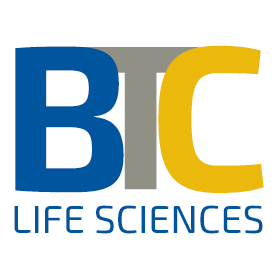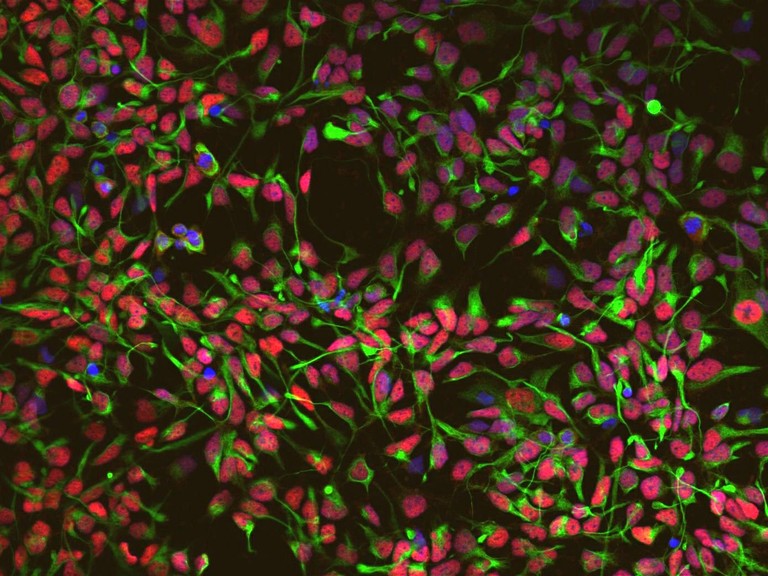Hemophilia: Training the immune system to be tolerant
Study by the University of Bonn elucidates an important immune mechanism
Hemophilia A is the most common severe form of hemophilia. It affects almost exclusively males. The disease can usually be treated well, but not for all sufferers. A study at the University of Bonn has now elucidated an important mechanism that is crucial for making the therapy effective. The results could help better tailor treatment to patients. They have already been published online in a preliminary version; the final version will soon be published in the “Journal of Clinical Investigation.”
Hemophilia A patients have a defect in a protein that is important for blood clotting: factor VIII. Most patients therefore receive an intravenous injection of the functional clotting factor every few days as treatment. But frequently, and especially at the start of treatment, the immune system recognizes the injected agent as foreign to the body and attacks it. This is the most serious complication of hemophilia treatment because factor VIII can then no longer work.
In these cases, immune tolerance therapy, which was also developed at the University Hospital Bonn (UKB) more than 40 years ago, often helps. This involves regularly injecting the hemophiliacs with a high dose of factor VIII over several months. The immune system thereby gets used to the injected protein and tolerates it. The underlying immune mechanisms are unknown. “However, this doesn’t always work,” explains Prof. Dr Johannes Oldenburg, Director of the Institute for Experimental Haematology and Transfusion Medicine at the UKB. “In about 30 percent of patients, tolerance induction does not lead to success. So your body’s own defenses continue to attack and destroy the factor VIII protein, which means that factor VIII cannot be used for treatment. We wanted to know the reason for this.”
To this end, the team looked at two cell types in the immune system, B cells and regulatory T cells. B cells recognize foreign molecules in the body and produce antibodies against them, which switch off the function of the molecule. For factor VIII, this means that it is no longer effective in hemophilia treatment. […]
Participating Core Facilities: The authors acknowledge the support from the Flow Cytometry Core Facility.
Participating institutions and funding:
In addition to the IMMEI and the Institute of Experimental Haematology and Transfusion Medicine at the University Hospital Bonn, the IMC University of Applied Sciences in Krems (Austria) and the University of Melbourne (Australia) were involved in the study. The work was funded by the German Research Foundation (DFG), the University Hospital Bonn (Bonfor), a joint graduate college of the Universities of Bonn and Melbourne, the German National Academic Foundation (Studienstiftung des Deutschen Volkes) and the European “Innovative Medicines Initiative” (IMI).
Publication: J. Becker-Gotot et al.: Immune tolerance against infused FVIII in hemophilia A is mediated by PD-L1+ regulatory T cells; The Journal of Clinical Investigation; DOI: 10.1172/JCI159925







